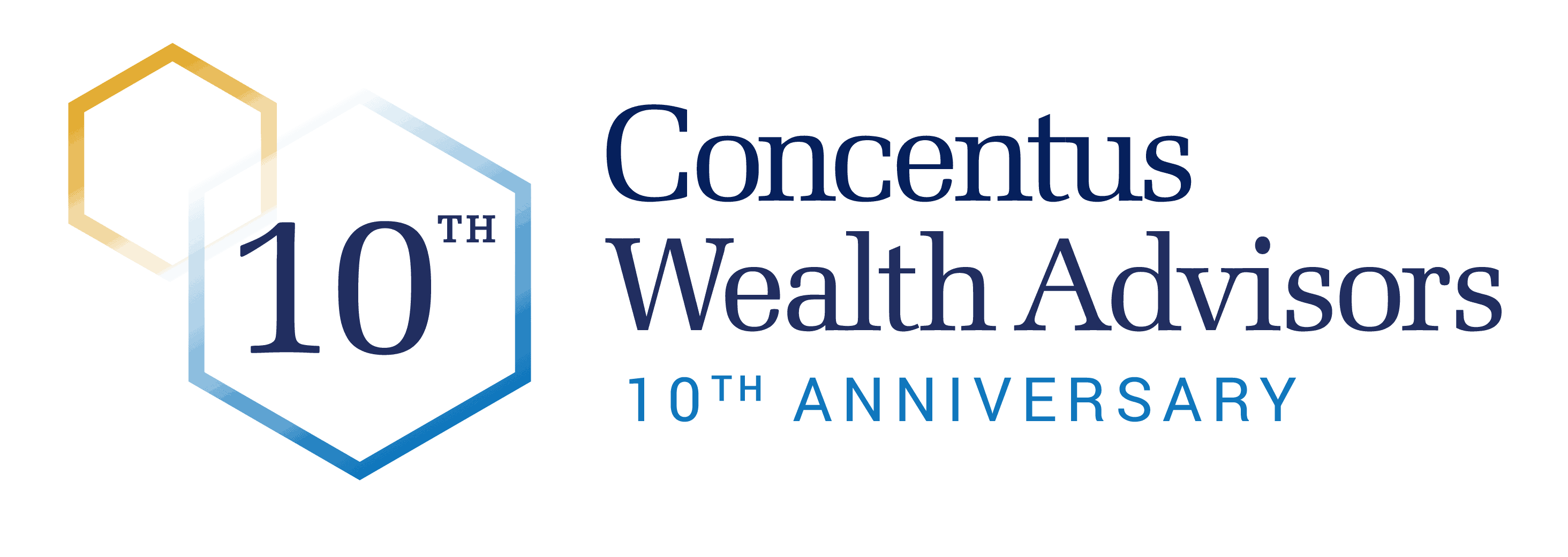“In the race for wealth, people often sacrifice time, energy, health, home, happiness, and honor – everything that money cannot buy, the very things that money can never bring back.”
– William George Jordan: The Majesty of Calmness
My last article explored the concept “Maslow’s Hierarchy of Needs.” Psychologist Abraham Maslow believed that all humans are constantly striving to ascend a hierarchy of desires, beginning with our need for Security and followed by our desire for Community and Belonging before we can finally achieve a higher state of Self-Actualization. According to Maslow, we all yearn to reach this highest level of self-actualization, where we can be the person we want to be, living the life we want to live.
The journey towards self-actualization is not easy and can present many difficult roadblocks. The first and most formidable one is Maslow’s lowest level — the need for security — which in America today really translates to an obsession with making sure you have enough money. No matter the level of net worth, most people experience a persistent sense of anxiety about financial security and are hyper-focused on their net worth and how long it will last. In my experience, this preoccupation with portfolio values can prevent people from living according to their personal values.
Many people don’t understand that the security money offers is only a stepping stone to higher levels of being. Money is not an end in itself; it only provides the means to achieve higher levels of being. It’s important that our personal security needs be met before we can advance to the higher levels of Maslow’s hierarchy, but we can’t advance without making an important yet difficult transition: from a focus on our own personal security to a broader focus on love, belonging, and a greater sense of community. At this point, our values shift from ourselves and our own personal well-being to outward relationships with friends, family, and others as we achieve a sense of community and belonging.
This is easier said than done, and the transition can be fraught with anxiety. One way to make this leap is to better appreciate your genuine wealth — which includes your other assets beyond money and material things. When you broaden your understanding of what constitutes your own family’s genuine wealth and create an inventory of these precious “possessions,” it’s far easier to shift from a scarcity mindset (thinking about your security) to an abundance mindset that will enable you to achieve self-actualization.
Putting Money in Perspective
While many fret over whether they have enough material wealth, most would agree that their human relationships bring them far more happiness. Our human capital is what makes us tick; it is an intrinsic part of happiness, fulfillment, and meaning for all human beings.
How many people would trade their family’s happiness or mental and physical well-being for more money? Would you compromise your values or morals so that you could have a bigger bank account, or give up your family’s heritage and character so that you could have a bigger W2 this year? What parent wouldn’t spend every dime of their money to ensure the health of a sick child? Families of modest means have sacrificed their lifestyles to put a child through college or to help a friend in need, and they feel a sense of peace and accomplishment as a result. On the other hand, isn’t it ironic that some people spend the first half of their lives sacrificing their health for more money, as work stress and lack of sleep compromise their physical health, and then spend the second half using all their money to try to restore their health?
Likewise, most families, when they think about it, also realize that their intellectual capital is what made their financial capital possible. It is a family’s education, skills, networks, and experience that brought them material success in the first place. Families should also understand that, even if they were to lose all their financial capital, maintaining their intellectual capital (their strong set of relationships, habits, skills, and experience) would enable them to rebuild their financial capital if necessary.
It’s interesting to think about how the families that have accumulated a great deal of financial capital also tend to be those who are most committed to expanding their social capital by giving their money away to causes and charities that are important to them. In our experience advising families, the most common habit we have noticed among successful people is that they embrace contribution and philanthropy as a core value. Many intuitively recognize the need to use their wealth to “give back” and help make the world a better place, and they tend to place a high value on their philanthropic efforts and commitments.
The Only True Security
Many people see material resources and “wealth” as scarce commodities, limited in quantity and capable of disappearing over time. They thus fall prey to scarcity thinking, and as a result, become obsessed with their money and material possessions and are never able to progress beyond Maslow’s baseline need for security.
But once we embrace the idea that we possess “assets,” which are more important than money, and transition our mindset to this more holistic measure of our possessions, we can develop a more expansive and abundant idea about our wealth, resources, and relationships. It is possible to shift from an attitude of scarcity to one of abundance, as we understand that genuine wealth is infinite in nature and cannot “run out” or dissipate. Our human, intellectual, and social capitals are limitless and will in fact perpetually grow and flourish, so long as we spend the time and energy to cultivate them.
The transition from scarcity to abundance thinking is a critical step in the journey to self-actualization because it enables us to leave behind our fears for our own personal security. This frees us to focus more intently on developing our outward relationships and sense of community. Along the way, we may find that the only true security lies in the abundance of our genuine wealth; without it, our financial wealth will never be enough.
About VALUABLES
Many financial advisors focus on communicating with clients to provide complex analysis of the investment markets and economies. However, we have learned that most clients are not particularly interested in this complex analysis. Most clients hire an advisor for their knowledge of the markets, not for their ability to explain that knowledge. Most want to know what time it is, not how to build a watch.
Experience has taught us that wealthy families care most about using their wealth as a means to a desirable end, which is to achieve a more satisfying, fulfilled and impactful life, and to fulfill their most important Life Values.
VALUABLES is a periodic article series focused on the concepts, systems, and habits which we have observed among families who have been successful in this quest to use their wealth as a tool to live a life of significance. The most successful families share a set of habits, systems, and insights which enable them to use their wealth as a tool to fulfill their Values and what is most important to them.
We named this article series VALUABLES, because it provides an exploration of those habits, systems, and insights. We hope it will help you to consider your assets and possessions which are most valuable to you, and how you can use your financial wealth to enhance and cultivate your true “Valuables”.


Leave A Comment